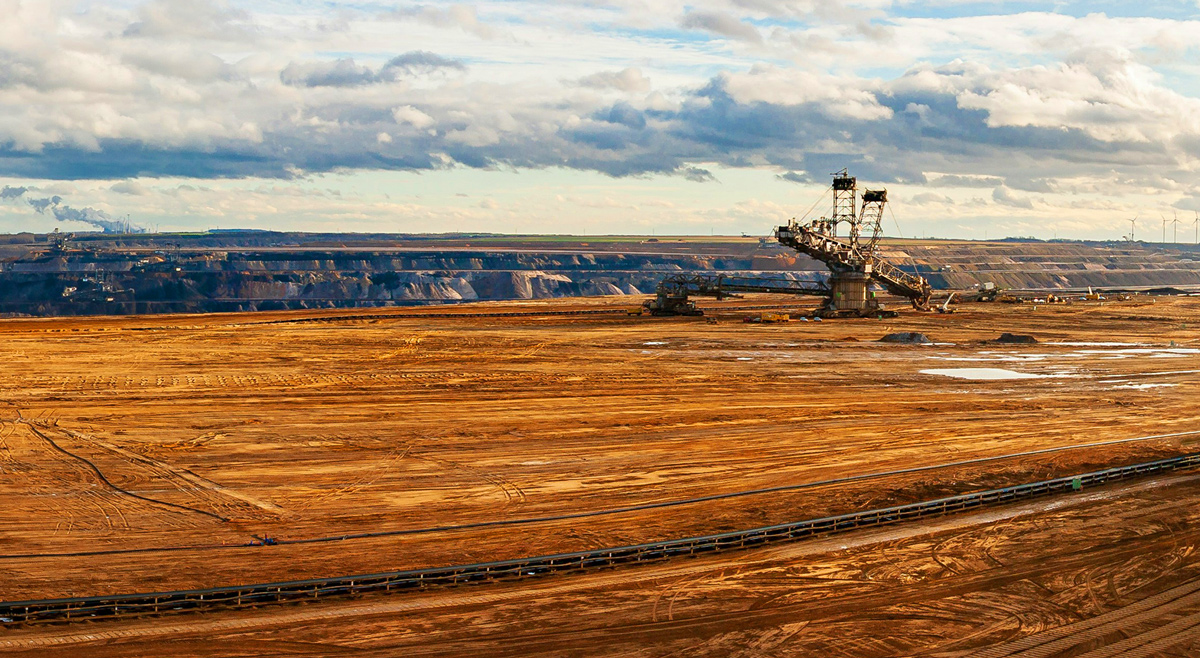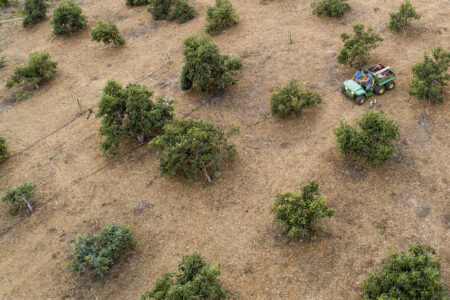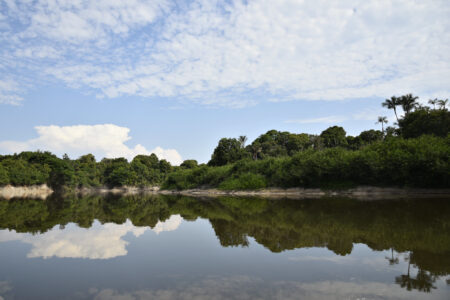
The interests Africa’s queens, spatial planners and restoration experts share
Bonn, 9 May 2024 – Do you have a cellular phone, watch, ring, bracelet or earrings? Most of these daily use objects come from mined products, but many of us know very little about the scarring caused to the land to feed these needs.
Miners both large and small are starting to show interest in restoring the lands they mine back to as close to their original statuses as possible. What’s more, there is interest to look into the gender-responsiveness of both the mining and mining restoration activities.
Traditional and community leaders, including African queens, practitioners, policy makers and researchers with experience in small-scale mines specifically, will meet from 16-18 May in Accra, Ghana, to explore the key issues associated with the restoration of small-scale mines.
The Roundtable is organized back-to-back with the International Federation of Surveyors (FIG) Working Week 2024 taking place from 19-24 May, also in Accra.
FIG is the international gathering of land surveyors and spatial planners, and the actors involved in these areas, but their engagement with traditional leaders is a new idea.
Many of the challenges in restoring small scale mines are similar to those associated with large scale mining. And it is a complex process to bring back mined land. For example, the ground needs to be redesigned. The soil needs to be layered back, plants grown and water bodies restored.
These actions have many and diverse associated issues that need to be anticipated, such as what the restored areas would look like eventually, and which genders benefit the most from the newly restored area.
The dialogue will be based on a paper prepared from the research available on this subject. A key outcome of the Roundtable is a publication on Gender Issues in Post-Mining Land Restoration of Small Scale Mines.
During FIG, spatial planners from round the world and G20 Global Land Initiative experts will look into the interconnectedness of spatial planning, planning tools and land degradation mapping, and how these can be used to support and promote global land restoration efforts.
By comparing where planning has increased exposure and vulnerability of the land to degradation against situations where planning has reduced exposure and vulnerability of lands to degradation, planners will identify which of their tools are useful for addressing land degradation and promoting land restoration.
G20 GLI started engaging with FIG in 2023 to bring the policy issues in gender, land degradation and land restoration to the attention of Land and Spatial Planners.
Follow us via LinkedIn, Facebook and Instagram from 16-24 May to learn about and engage in the conversations and discussions, as the events happen in Accra, Ghana.


